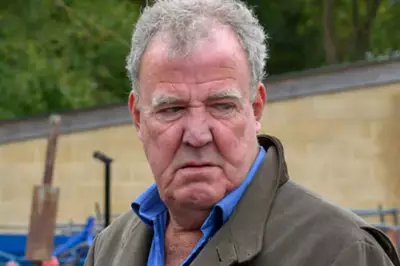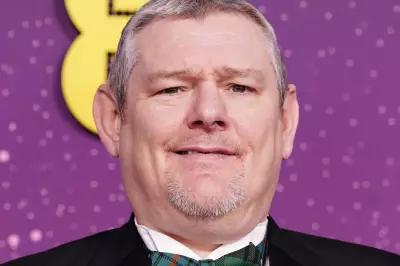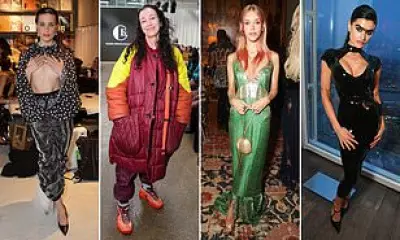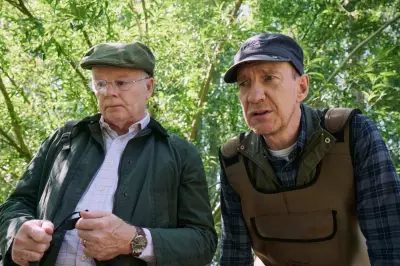
Former Love Island contestant Siannise Fudge has taken a bold stand against ITV, accusing the network of romanticising harmful relationship dynamics on reality television. In a heartfelt social media post, the Bristol-born star revealed her own painful history with emotional abuse, sparking a crucial conversation about accountability in entertainment.
A Candid Revelation
The 28-year-old influencer didn't hold back in her emotional Instagram story, writing: "Watching these shows back, I realise how much toxic behaviour gets portrayed as normal or even desirable." Fudge, who rose to fame on the 2020 winter series of Love Island, expressed particular concern about how young viewers might interpret these problematic relationship patterns.
ITV Under Fire
This isn't the first time Love Island has faced criticism for its handling of sensitive issues. The show has previously been scrutinised for:
- Glamourising possessive behaviour
- Downplaying emotional manipulation
- Failing to provide adequate aftercare for contestants
Fudge's comments come amid growing calls for reality TV producers to take greater responsibility for the mental wellbeing of both participants and audiences.
Personal Experience Fuels Advocacy
The reality star shared that her criticism stems from personal experience, revealing: "I've been in relationships where I was made to feel small, controlled and worthless - and seeing similar dynamics play out on screen as entertainment breaks my heart." Her brave disclosure has been met with overwhelming support from fans and fellow islanders alike.
The Bigger Picture
Mental health experts warn that repeatedly exposing viewers to normalised toxic behaviour can:
- Skew perceptions of healthy relationships
- Make red flags harder to recognise
- Create unrealistic expectations about romance
As the conversation continues, many are hoping Fudge's intervention might prompt meaningful change in how relationships are portrayed across reality television formats.






